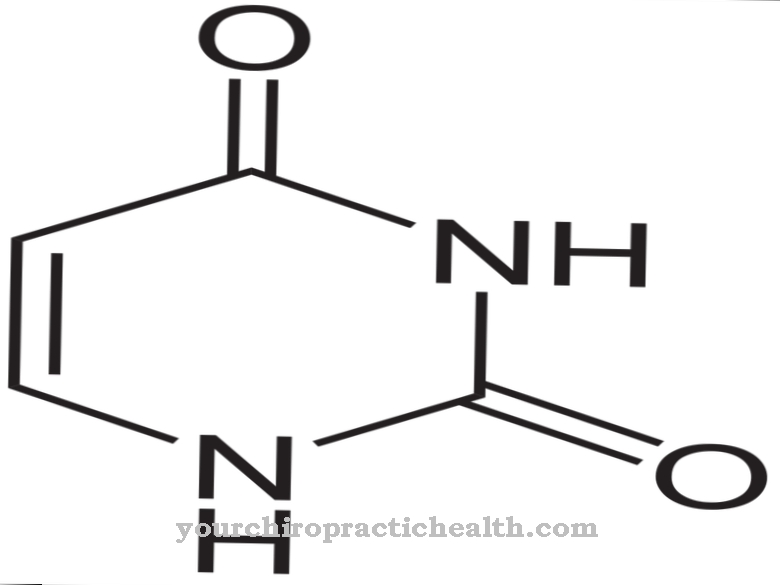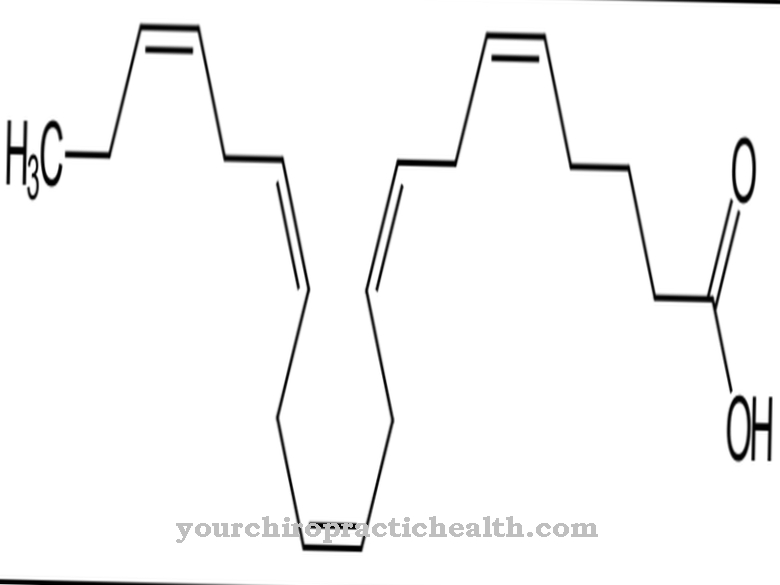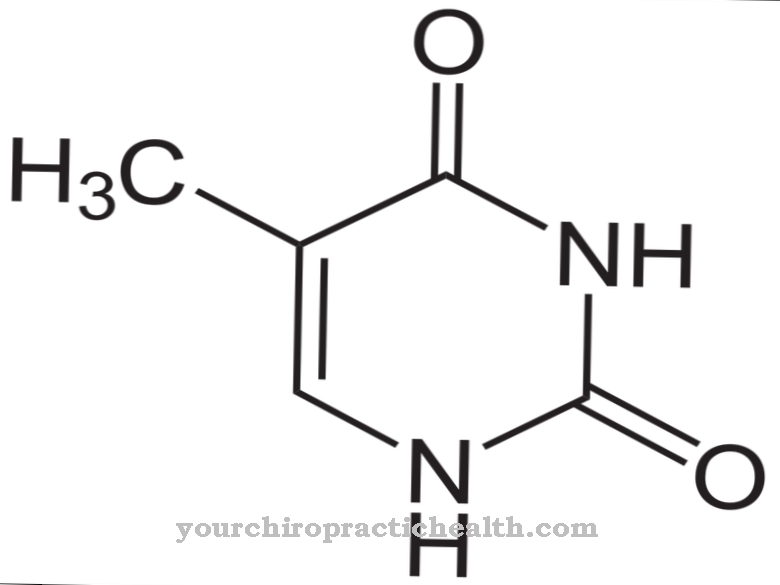Sugar in the form of glucose plays a central role in the body when it comes to supplying energy. By regulating blood sugar (Blood sugar levels) via special mechanisms, it stays within a healthy normal range.
What are blood sugar levels?

Behind the medical term Blood sugar is the quantitative determination of the concentration of the sugar dissolved in the blood, the glucose.
Blood sugar is measured by taking blood. The level of blood sugar in the blood has a significant influence on a person's well-being and on individual diseases. For this reason, the determination of the so-called blood sugar level is regarded as a diagnostically reliable aid.
Blood sugar fluctuates under the influence of various factors even in a healthy person. This condition is normal and is recorded, for example, as part of a so-called fasting blood sugar in the morning.
Measure blood sugar levels (healthy & sick blood sugar levels)
Of the Blood sugar is released by individual metabolic organs such as the liver and is also required to compensate for consumption caused by muscle work.
The blood sugar level is inextricably linked to two hormones that interact with each other. The hormone insulin from the Langerhans glands in the pancreas helps to lower the blood sugar concentration. The counterpart, the glucagon, increases blood sugar levels.
When measuring the blood sugar level in a laboratory, specific chemical reactions are brought about, which enable both a qualitative and a quantitative determination of the blood sugar. Nowadays, electronic measuring devices are usually used to an increasing extent.
The normal values for a patient whose blood sugar is measured on an empty stomach in the morning range between 60 and 120 mg / dl. In one unit in mmol / l, this would be a normal blood sugar value of 3.4 to 6.2.
Function, effect & tasks
The one contained in the blood Blood sugar or glucose is a result of ingesting foods or drinks that contain sugar or starch. The components have been broken down into their smallest building blocks. These are now transported in the form of blood sugar to the "burn locations" where metabolism or glycolysis takes place.
The energy of blood sugar originates from these processes. The blood sugar supplies all organs that need energy. In this regard, the blood sugar is also transferred to the brain. The muscles need a lot of blood sugar when they need energy through their movements.
If too little blood sugar is made available to the body, this initially impairs the ability to think and concentrate. In the further course, those affected feel tired, powerless and dull. The organism notices within a short time that the energy supply is missing. If there is a permanent undersupply of blood sugar, the body's own energy stores are attacked. The blood sugar also helps to store these "love handles" that are needed over the long term.
The regulation of blood sugar is involuntary, so that if there is sufficient food intake, there is always enough glucose available. This effect can be supported by the consumption of foods with a high glycemic index.
Diseases
The amount of the Blood sugar is subject to both external and internal influences. As a result of unfavorable constellations, people can get sick from their blood sugar.
Depending on whether the normal values for a fasting blood sugar or a glucose tolerance test do not correspond to the healthy limits, one can speak of over- or under-sugar. The classic disease caused by a steadily increased blood sugar is diabetes mellitus or diabetes. Abnormal increases in blood sugar levels also occur in so-called Cushing's syndrome as hyperglycaemia.
In the opposite direction, the results for blood sugar are lowered when there is an increase in the volume of tissue areas in the pancreas, which is accompanied by an increase in the function of the insulin-producing glands. This leads to hypoglycaemia. Insufficiency of the adrenal glands and the pituitary gland (pituitary gland) can cause the insulin to be released so strongly that blood sugar drops dramatically. This also applies to hepatitis, poisoning from alcohol or insufficient intake of sugar through food.
If patients take too high a dose of medication designed to lower blood sugar in diabetes mellitus, severe hypoglycaemia or hypoglycaemia can occur.



.jpg)




















.jpg)



